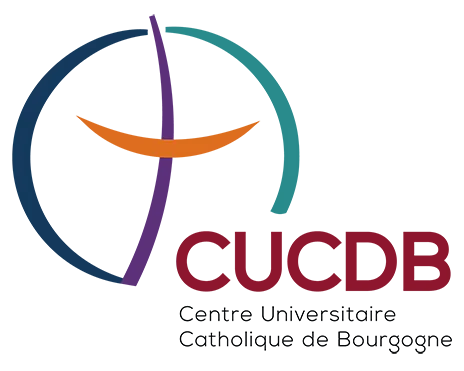
ERASMUS + | CUCDB
By studying abroad with Erasmus+, you can improve your communication, language and inter-cultural skills and gain soft skills highly valued by future employers.
Access to Erasmus+ Online Linguistic Support will help you learn the language used for your studies if you are moving between Programme countries.
Students with physical, mental or health-related conditions may apply for additional funding after they have been selected to study abroad.
Centre Universitaire Catholique de Bourgogne | CUCDB
Conditions
To study abroad with Erasmus+, you must be registered in a higher education institution and enrolled in studies leading to a recognized degree or tertiary-level qualification. For students in the first cycle (Bachelor or equivalent), you need to be at least in the second year of your studies.
Your period of study abroad must be relevant for your degree-related learning and personal development needs, and be part of the study programme that you are following.
Your home institution and the receiving institution must have an inter-institutional agreement between them for you to study there with Erasmus+.
Both institutions must also hold the Erasmus Charter for Higher Education (if they are in Programme countries). Institutions from Partner countries commit to the principles of the Charter when signing the inter-institutional agreements.

Foreign Students
Academic calendar
At the CUCDB, Erasmus + exchanges are currently offered in the third year (last term) of the Humanities degree.
- 1st semester : September 2025 – December 2025
- 2nd semester : January 2026 – May 2026
Examination periods
- 1st semester : December 2025
- 2nd semester : May 2026
- Resit exams : June 2026
Centre Universitaire Catholique de Bourgogne | CUCDB
ERASMUS + | CUCDB
Centre Universitaire Catholique de Bourgogne was awarded the Erasmus Charter for Higher Eduation by the European Commission in 2023.
ERASMUS CHARTER FOR HIGHER EDUCATION
The main language of instruction is French. However, CUCDB offers several courses taught in English : Media Studies, International Current Affairs and Anglo-saxon civilization. Foreign students may, if they wish, take French courses alongside their course at the CUCDB.
Financial support
You may receive an Erasmus+ grant as a contribution to your travel and subsistence costs. This may vary according to differences in living costs between your country and the destination country, the number of students applying for a grant, the distance between countries and the availability of other grants.
As an Erasmus+ student, you are exempted from fees for tuition, registration, examinations, and charges for access to laboratories or libraries at the receiving institution. Small fees for insurance or student union membership may still apply.
How to apply
You can apply through the international or Erasmus+ office of your higher education institution.
You should be selected by your sending higher education institution in a fair and transparent way.
As an international student, you must complete an online application form on the Enrolment Services website.
Please note that the application for admission must be submitted by a specific deadline.
General information
Contact : referent.mobilite@cucdb.fr
In our FAQ section, you will find answers to most of the questions asked by any international student considering a stay at CUCDB.
